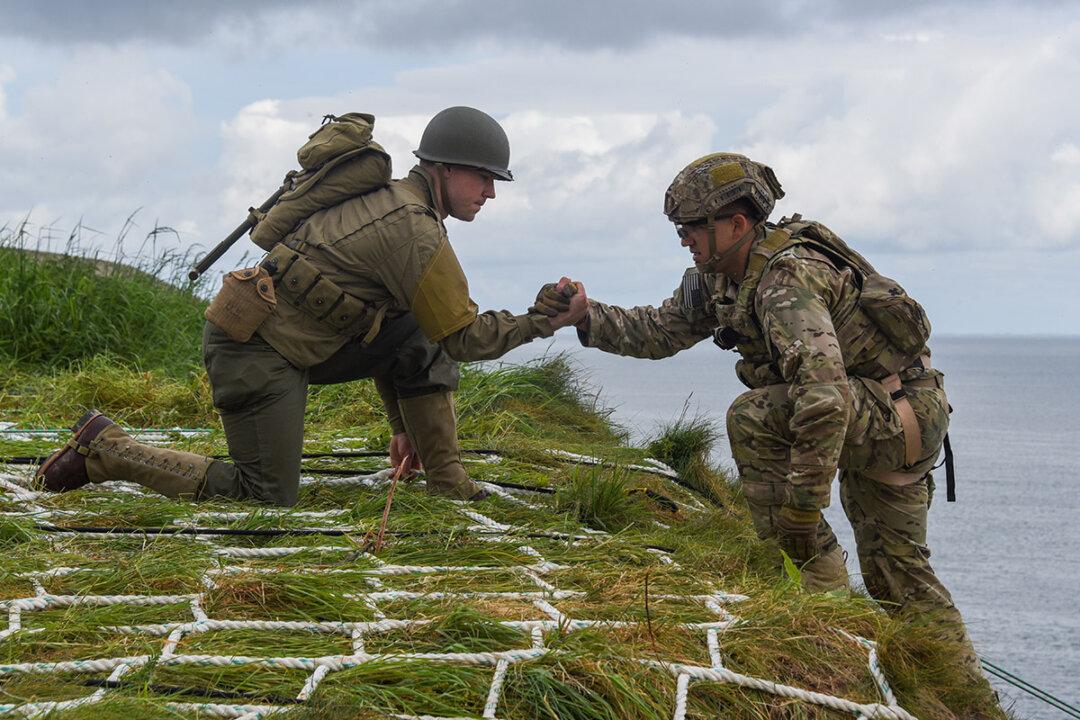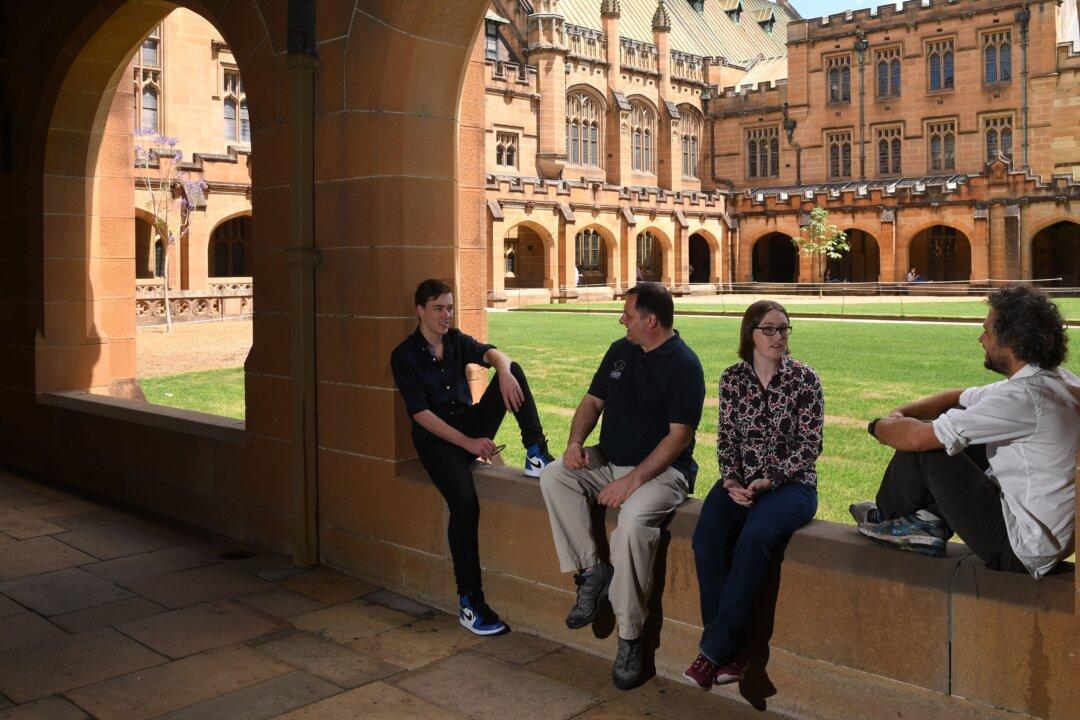One of the most amazing men that I knew in the Army was a guy named Staff Sgt. Allen Johnson, who was posthumously promoted to Sgt. First Class after he was killed in action April 26, 2005. It was my battalion’s first deployment to Afghanistan, and we were conducting a mission called Operation Nam Dong. This was the first time that the Afghan National Army (ANA) had been put into maneuver warfare and in true open battle against the Taliban. They were being employed down in Southern Afghanistan in a province known as Uruzgan Province and we were projecting out of Firebase Cobra, pushing even further into Uruzgan, and there were multiple teams involved. There were hundreds of ANA, most of them not battle-tested as a formation.
Allen and his teammates were on a Quick Reaction Force that was part of the task force I was leading on the ground. This Quick Reaction Force would flex in and flex out firefights whenever these Afghan soldiers and their Special Forces advisors needed to tip the scales one way or the other against the enemy. They would come in and they would add an element of surprise, superior firepower, and lethal targeting. These guys were good. On one particular day, April 26, we helo-lifted them into an area where we had been targeting some serious Taliban leaders in the area that had really been a problem for Uruzgan. Allen’s team gave chase, pursued them deep into the mountains and were ambushed, and, as a result, pinned down. Allen’s actions under fire, allowed the team to break free, but in the process of doing that, he was killed.
His team extracted his body and moved with Allen under fire through terrible terrain to get him to an evacuation site, and once Allen was medically evacuated, the team went back again and again to that area and continued to fight throughout the operation. In spite of the loss of their brother, I was struck by the courage that permeated that entire team and that entire mission. What I came to realize was that it really was more than courage. It was something much, much, deeper, and it wasn’t until years later when I was reading Steven Pressfield’s “The Warrior Ethos” that I figured out exactly what it was that I saw on that mission and continued to see time and time again with these amazing teams and brotherhoods that fought all over Afghanistan.
“The opposite of fear is love.” Here is how Pressfield describe it in his book Warrior Ethos:
“The greatest counterpoint to fear, the ancients believed, is love … the love of the individual warrior for his brothers in arms. At Thermopylae, on the final morning when the last surviving Spartans knew they were all going to die, they turned to one of their leaders, the warrior Dienekes, and asked him what thoughts they should hold in their minds in this final hour to keep their courage strong. Dienekes instructed his comrades to fight not in the name of such lofty concepts as patriotism, honor, duty, or glory. ”Don’t even fight,“ he said, ”to protect family or your home. Fight for this alone, the man who stands at your shoulder. He is everything, and everything is contained within him.”
I was so gifted to see this on display time and time again with the amazing men and women that I served with, that love of their teammate, love of their brother, love of their sister, that they would show up for each other the way that they did, and I just wonder what it would look like if we did even a fraction of that here at home?
What if we showed up for our teammates at work, our family members, our friends, our community that way, where everything we needed was contained in them, and we just stood shoulder to shoulder with them and made sure they were okay? Seems like that would be a pretty nice place to be. If our warriors whom we send out to fight can find a way to do that in the worst of times and the darkest of places, maybe we could do that a little bit more here at home.
Now perhaps you’re thinking: “This is a great mindset if you are a Spartan or a Green Beret, but what do courage and love have to do with me at work?” Well, the next time that you find yourself in a high-stakes, no fail situation, rather than look for ways to lead through it on your own or worry about how this situation will affect your career, take a moment to look at the women and men on your left and right. Check in with your teammates. How are they doing? What do they need from you? How can you better play your position for them?
By focusing on the love and respect of your teammates, you'll likely find all the leadership and courage you need for even the most extreme moments.
That’s something I learned in combat, and I hope you'll put it to use in your life.
I'll see you on the Rooftop.
Scott Mann is a former Green Beret who specialized in unconventional, high-impact missions and relationship building. He is the founder of Rooftop Leadership and appears frequently on TV and many syndicated radio programs. For more information, visit RooftopLeadership.com





